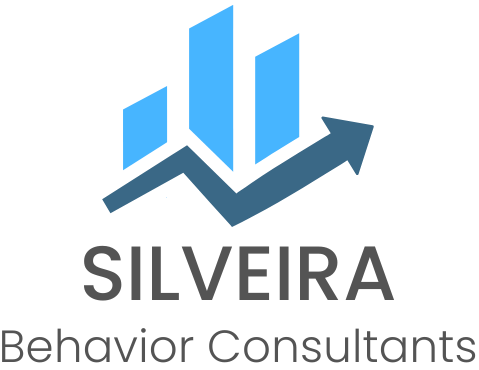In 2025, mastering comprehensive behavior strategies is more vital than ever for thriving in both personal and professional arenas. With daily life and workplaces evolving fast, understanding and shaping behavior is key to overcoming new challenges. This guide is designed to help you unlock the power of comprehensive behavior for yourself, your family, or your organization. Inside, you’ll find clear explanations, proven strategies, and step-by-step advice you can use right away.
You’ll learn what comprehensive behavior means, essential strategies for success, practical steps, how technology is changing the game, and inspiring real-world stories. Ready to take action? Dive in and start your journey to lasting change.
Understanding Comprehensive Behavior: Foundations and Principles
Comprehensive behavior is more than a buzzword in today's fast-changing world. It is a holistic approach that looks at the whole person, not just one aspect of their actions. By considering emotional, social, and cognitive factors, comprehensive behavior strategies give us a fuller picture of what drives people.
Unlike traditional behavior management, which may focus on one issue at a time, comprehensive behavior strategies are inclusive. They support both neurodiverse and neurotypical individuals. For example, Applied Behavior Analysis (ABA) therapy is not just for autism—it helps a wide range of people and situations. To learn more, see this Comprehensive Behavior Solutions overview.
Defining Comprehensive Behavior
This approach looks at the bigger picture, addressing communication, social, and emotional needs together. ABA therapy is a prime example, widely used for autism but also effective for diverse populations.
Principles of Effective Behavior Support
- Evidence‑based practice
- Consistency
- Individualization
- Positive reinforcement
- Data‑driven decisions
- Family and community involvement
The Science Behind Behavior Change
Behavioral psychology and learning theories form the backbone of comprehensive behavior. ABA therapy uses positive reinforcement and data tracking to create measurable improvements.
Common Challenges and Barriers
Families, schools, and workplaces often face resistance to change, limited resources, or lack of training. Early intervention and consistent support are key to overcoming these barriers.
Step‑by‑Step Strategies for Behavior Success in 2025
Step 1: Assessment and Goal Setting
- Use interviews, observations, and checklists to identify needs. Set SMART goals for measurable progress.
Step 2: Individualized Planning
- Tailor plans to each person’s strengths and adjust as circumstances evolve.
Step 3: Skill Development and Teaching Methods
- Apply evidence‑based techniques like discrete trial training and natural environment teaching.
Step 4: Implementing Consistent Supports
- Establish routines, visual schedules, and caregiver training for consistency.
Step 5: Monitoring Progress and Data Collection
- Leverage digital tools and apps to track outcomes and refine strategies.
Step 6: Family and Community Engagement
- Involve parents, schools, and healthcare providers for shared success.
The Role of Technology and Innovation in Behavior Support
Digital Tools for Behavior Tracking
- Apps and platforms provide real‑time data collection and visualization.
Telehealth and Remote Services
- Virtual sessions expand access to underserved communities.
Training and Professional Development Online
- E‑learning modules empower caregivers and professionals with scalable training.
Future Trends: AI and Behavior Analysis
- AI tools predict effective interventions and personalize supports.
Case Studies: Real‑World Success Stories
Transforming Lives with Evidence‑Based Strategies
- Children with aggressive behaviors improved communication and reduced challenges through ABA therapy.
Provider Spotlights: Impactful Professionals
- Dedicated behavior technicians highlight the importance of mentorship and teamwork.
Family Perspectives: Collaboration and Growth
- Parent support groups and open communication drive progress at home.
Organizational Success: Building Collaborative Cultures
- Leadership summits foster consistency and mission‑driven care.
Building a Supportive Environment for Lasting Behavior Change
Creating Inclusive and Positive Spaces
- Visual supports and flexible environments foster belonging.
Training and Empowering Stakeholders
- Workshops and hands‑on training equip families and educators.
Collaboration Across Settings: Home, School, and Community
- Strong communication ensures seamless transitions and consistent care.
Access to Resources and Support Networks
- Scholarships, parent groups, and community workshops expand accessibility.
Measuring Success and Sustaining ProgresS
Tracking KPIs like improved communication and reduced challenging behaviors ensures accountability. Ongoing assessment and family involvement sustain long‑term growth.
Conclusion: Turning Strategies into Success
Comprehensive behavior strategies, powered by ABA therapy, create lasting change for families and organizations. With evidence‑based methods, technology, and community support, success in 2025 is achievable.





